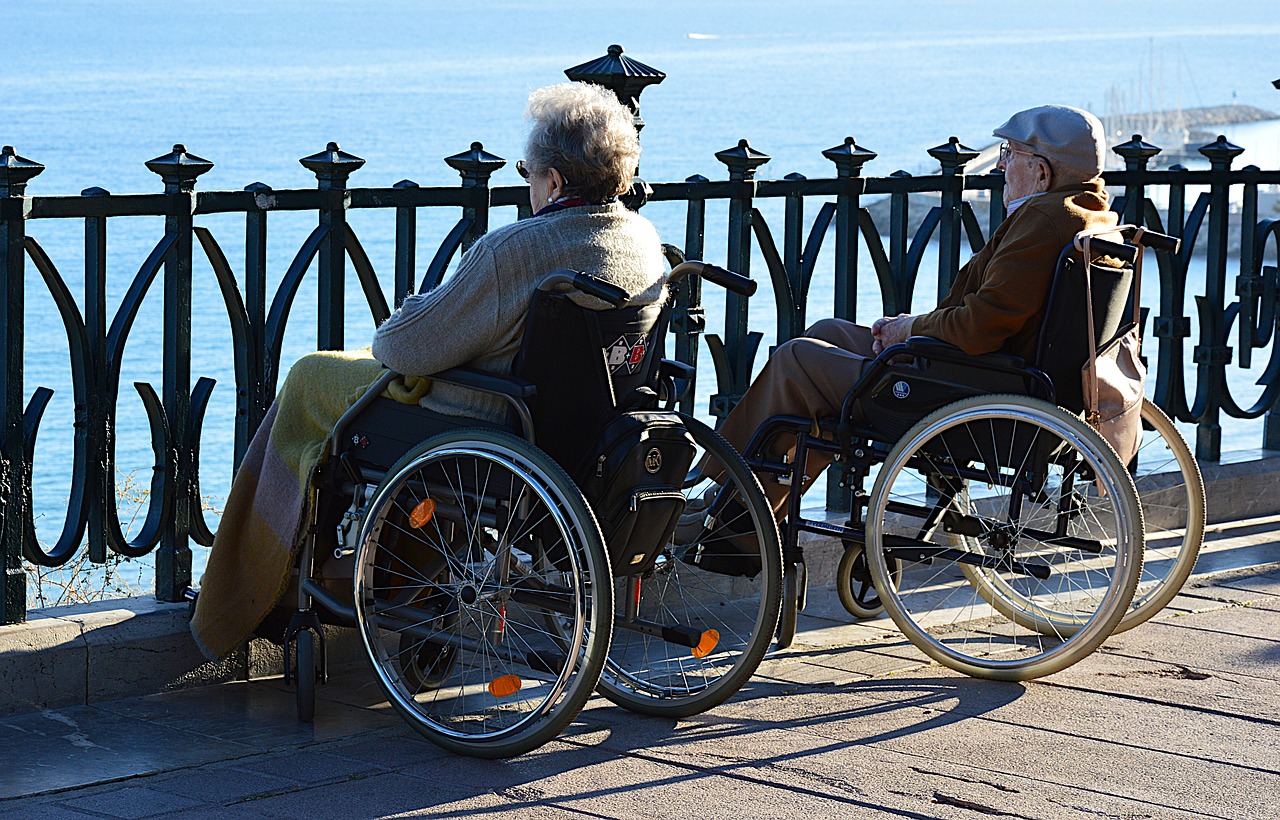Imagine a dear elderly family member who has started taking frequent tumbles. Its a situation that causes worry, but knowing its meaning is crucial. Falling often isnt just about the trip to the floor; it tells a bigger story about health and safety, and may have underlying causes. This article will delve into these potential meanings and explore the reasons behind this troubling issue. Understanding what does it mean when an elderly person keeps falling can guide us to take action to reduce risks and ensure safety. We will explore common causes and provide safety tips for family members.

Why Do Elderly People Fall?
Falls are a common incident among seniors, but why do they happen? When an elderly person keeps falling, it may be due to multiple risk factors. Changes in physical strength, balance, and mobility are typical as people age. For instance, decreased muscle power and joint flexibility can affect stability. Furthermore, vision problems can hinder depth perception, leading to falls. Recognizing these causes and signs may provide an understanding of why your loved one is affected.
Physical Health: Key to Balance
Physical health heavily influences ones posture and control. Weak muscles might not support steady walking and standing. As explained by the National Institute on Aging, factors like arthritis can contribute to weaker lower limbs, making it hard to walk without stumbling. Ensuring that seniors engage in regular physical exercises can aid in maintaining balance and improving mobility.
Medical Conditions and Medications
Several medical conditions increase the chances of regular falling. For example, those with dementia or Alzheimer’s may suffer from disorientation, causing frequent falls. Some medications side effects include dizziness or lethargy, both significant contributors to falls.
Environmental Hazards and Their Role
Many falls occur due to surroundings. Loose rugs, poor lighting, and clutter can all result in slips. Simple changes make big differences, such as installing personal alert systems providing immediate help in emergencies.
Vision and Hearing Impact
As senses decline, identifying potential threats becomes more difficult. Impaired vision can lead to misjudged distances, while hearing issues may prevent seniors from detecting dangers. Using tinted lenses or hearing aids can help alleviate some of these problems.
Safety Measures: Reducing Fall Risk
Home Adjustments
Adapting your home to senior needs ensures fewer risks. Consider investing in supportive devices like adjustable lift chairs which offer comfort and independence. Such measures are known to enhance safety and confidence.
Professional Help and Monitoring
Hiring professionals, like mentioned by CareHop, ensures additional support for elderly care and supervision to prevent falls. They also provide family relief, knowing their loved one is cared for properly.
Caring for Elderly Loved Ones
Besides adapting the environment, equipping them with aids enhances their freedom. Tools, like a grabber tool, are part of these aids designed to remove the need for overreach, lessening the possibility of falls.
Nutritional Needs
Nourishing seniors with healthy diets boosts energy levels and keeps them engaged in required exercises, fostering physical resilience. Supplements and dietary plans ensure balanced nutrition crucial for reducing fall risk.
Comprehensive Approach for Fall Prevention
Empowering seniors through awareness and education helps them actively participate in safety protocols. Including them in plans enhances their confidence.
Optimal Tools and Exercises
Providing optimal tools like a hand massager opens relaxation and improves circulation. Exercises incorporate multiple aspects of health, especially maintaining critical joint functions and longevity.
Conclusion: Understanding and Acting
Falling isnt only a sign of aging; it reflects broader issues requiring understanding and empathy. Our responsibility towards elders is vast. Making informed choices facilitates an environment that nurtures a healthy lifestyle and enhances their quality of life.

FAQ: Common Questions About Elderly Falling
What can cause frequent falls among the elderly?
Frequent falls are often caused by various factors including medical conditions, medications, and environmental hazards. Age-related physical decline can also play a significant role.
How can I improve my elderly relative’s safety at home?
Improving home safety involves minimizing hazards like loose rugs, ensuring proper lighting, and installing support devices like lift chairs and personal alert systems that cater to their needs.
Can an active lifestyle help with fall prevention?
Yes, maintaining an active lifestyle helps in keeping muscles and joints strong, enhancing balance, and improving mobility which are crucial in preventing falls.
This article contains affiliate links. We may earn a commission at no extra cost to you.

